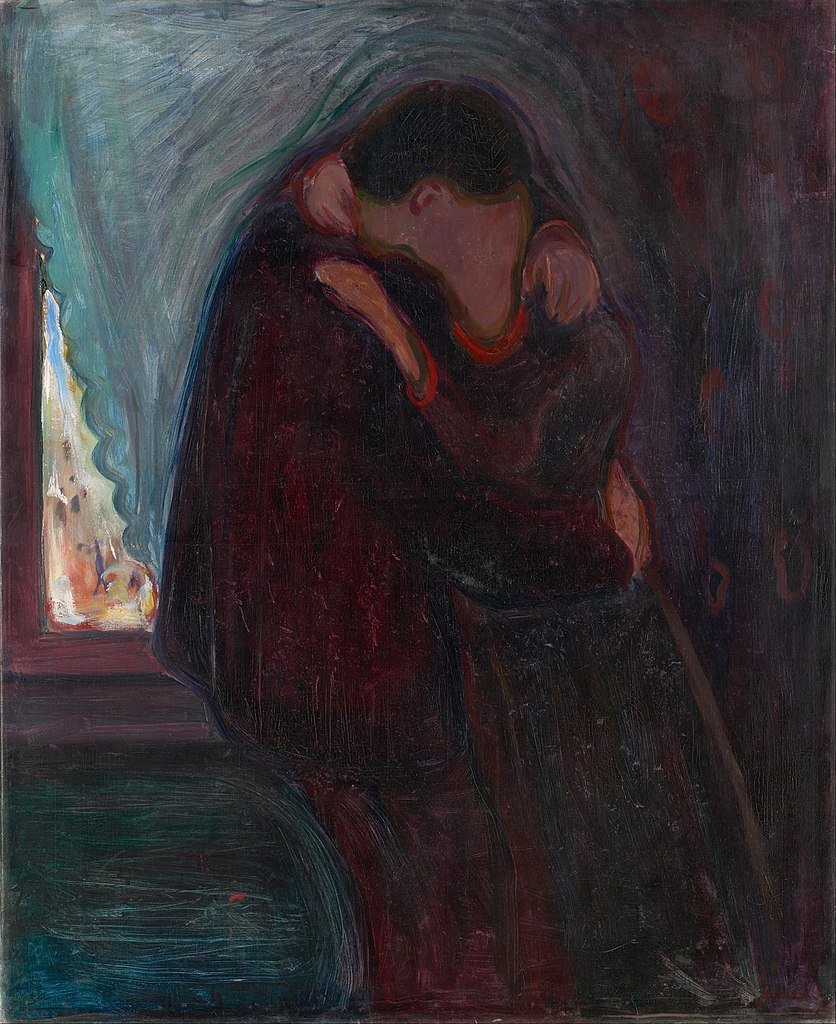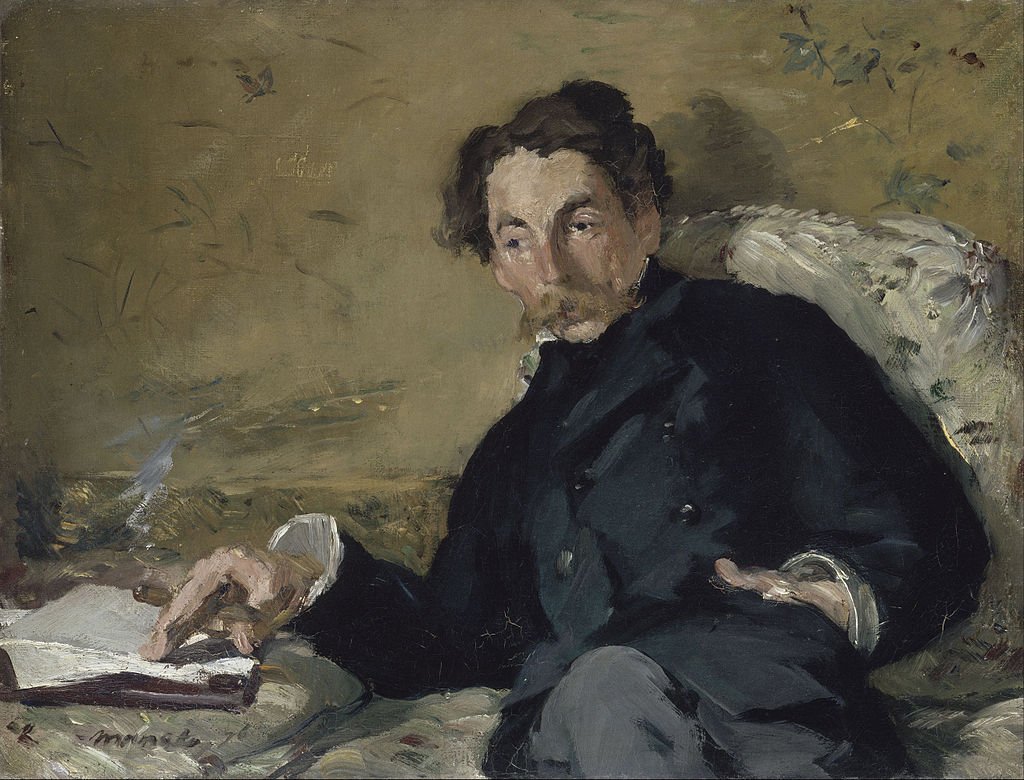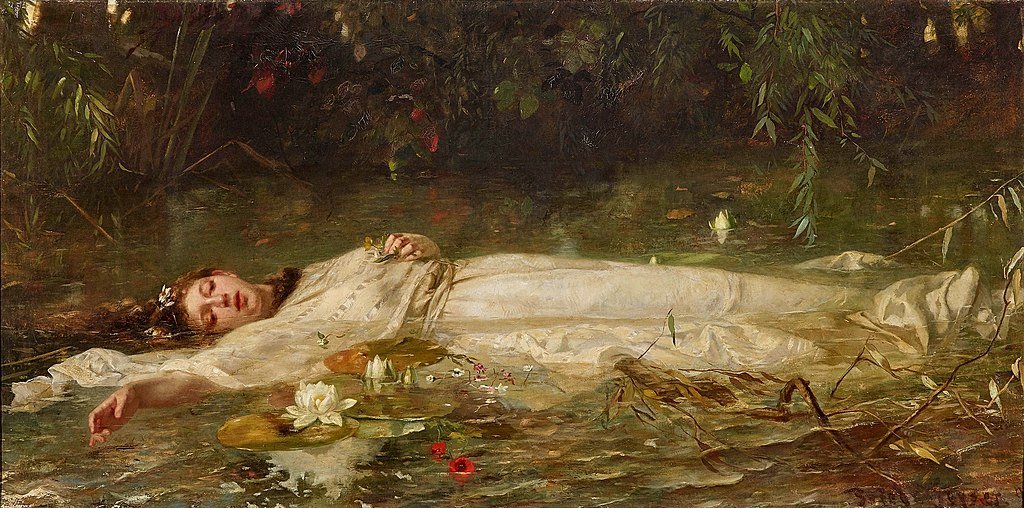Nostalgia and the great return
Milan Kundera’s penultimate novel Ignorance is about two immigrants, Irena and Josef, who consider returning to their home countries after decades of living abroad.
One of the most compelling aspects of the novel is its exploration of nostalgia and ‘the great return,’ an idea that’s often romanticized in literature—most notably in Homer’s Odyssey, where epic hero Odysseus spends 20 years away from home.
As Kundera writes:
“She was captivated by images suddenly welling up from books read long ago, from films, from her own memory, and maybe from her ancestral memory: the lost son home again with his aged mother; the man returning to his beloved from whom cruel destiny had torn him away [...] Odysseus sighting his island after years of wandering; the return, the return, the great magic of the return.”
In Ignorance, Kundera explores Odysseus’ longing to return and the reality of assimilating after being gone for decades—but transposed onto his 20th century Czech protagonists.
The novel is deeply rooted in Kundera’s own experience as a long-time immigrant; at the time of writing, he had lived abroad for over 20 years, having moved to France in 1975 during the Soviet occupation of his homeland.
Kundera offers an extremely apt meditation on the universal pang of nostalgia, and raises the question of whether it’s possible to truly return home after so many years away.
The impossibility of return
Kundera was fluent in French and Czech, which gives him a more nuanced understanding of words and languages. In Ignorance, he uses this knowledge to examine the definition of ‘nostalgia,’ starting with the Greek (which was used in Homer’s epic):
“The Greek word for ‘return’ is nostos. Algos means ‘suffering.’ So nostalgia is suffering caused by an unappeased yearning to return.”
Kundera then explores nostalgia’s meaning in Spanish, Portuguese, German, Dutch, Icelandic, Latin, Czech, French, and English. Across these languages, the common thread is an unmet yearning to return home, homesickness, an impossibility to reclaim the past.
Nostalgia is longing for something you can never have again. And that’s the important part—the impossibility of return. Maybe by the time we feel nostalgia it’s too late—because it implies feeling such a distance to a person or place. So by the time you return home, you’re a different person or everything around you has changed.
Kundera concludes that nostalgia is “the pain of ignorance,” which seems to me more like the pain that life goes on without you:
“In that etymological light nostalgia seems something like the pain of ignorance, of not knowing. You are far away, and I don’t know what has become of you. My country is far away, and I don’t know what is happening there.”
Nostalgia is inversely linked with memory
We feel the pangs of nostalgia frequently—with the past, with childhood, with simpler times—but more acutely with loss and heartbreak, when we long for a person who can never come back.
Kundera describes one of his characters experiencing heartbreak for the first time:
“She sees a young man disconnecting himself from her life and going away, forevermore out of her reach. Mesmerized, all she can do is watch this piece of her life move off; all she can do is watch it and suffer. She is experiencing a brand-new feeling called nostalgia.”
Nostalgia works strangely because of its relationship with time; it places us in the past, as we desperately try to grab hold of an earlier time and force it into the present. But it will always stay in the past. So why do we feel nostalgia so acutely, and how can we lessen it? The key, according to Kundera, lies in our memory.
“The stronger their nostalgia, the emptier of recollections it becomes. The more Odysseus languished, the more he forgot.”
The more we remember a person or place, the more familiar we are with them and the more we take them for granted—because there’s less risk of losing them. Kundera describes this inverse relationship in the Odyssey:
“During the twenty years of Odysseus’ absence, the people of Ithaca retained many recollections of him but never felt nostalgia for him. Whereas Odysseus did suffer nostalgia, and remembered almost nothing.”
***
For a brief interlude…check out these articles for more insights + subscribe to my newsletter:
Is the great return truly possible?
So what happens when, like Odysseus, Irena, and Josef, you finally make it home? Kundera seems to set out three possible scenarios in his novel:
1: Everyone and everything around you is unrecognizable and you struggle to relate to those once closest to you.
“He had the sense he was coming back into the world as might a dead man emerging from his tomb after twenty years: touching the ground with a timid foot that’s lost the habit of walking; barely recognizing the world he had lived in but continually stumbling over the leavings from his life”
2: You’ve changed to such an extent that you aren’t satisfied with your home any longer and you can’t relate to the people who stayed behind. The feeling of greener pastures being elsewhere pervades; fulfillment is elusive.
“For twenty years he had thought about nothing but his return. But once he was back, he was amazed to realize that his life, the very essence of his life, its center; its treasure, lay outside Ithaca, in the twenty years of his wanderings. And this treasure he had lost, and could retrieve only by telling about it.”
3: While you’ve changed substantially, the people and places around you haven’t. But, to go back to your old life you must relinquish part of your identity.
“I could go back and live with them, but there’d be a condition: I’d have to lay my whole life with you, with all of you, with the French, solemnly on the altar of the homeland and set fire to it. Twenty years of my life spent abroad would go up in smoke, in a sacrificial ceremony.”
By Kundera’s standards, a true return in the mental, physical, and metaphysical sense seems possible if you relinquish the part of your life you spent so long developing. That’s not an easy feat. When you spend time away, living on your own in a foreign place, creating a new life for many years, you carve out the person you want to be and the life you want to lead by your own standards and values.
Relinquishing that would feel like a reversion—I don’t know if that’s possible or sustainable. Maybe nostalgia isn’t about missing a person or place, but who you were then.










